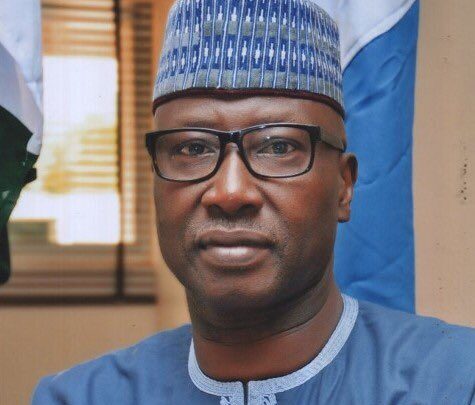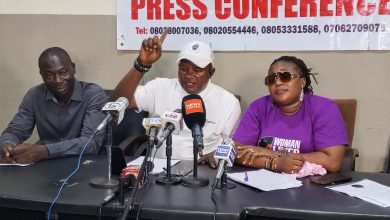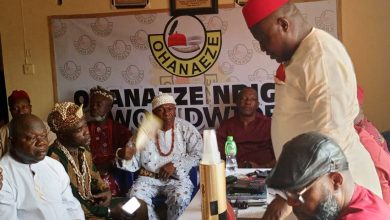
An expert in Risk Communication and Community Engagement, Mordecai Oluwole, has identified community engagement as one of the best and effective ways in communicating risk to people in the fight against the spread of the coronavirus in communities.
Speaking in a live radio programme in Port Harcourt, Mr Oluwole explained that community engagement is carried out by the Rapid Response Team (RRT) of the Risk Communication and Community Engagement (RCCE) through existing legalized institutions in the LGAs such as youth associations, traditional institutions, CDCs, churches etc, whose followers see as policy makers.
These recognised institutions, he said, formulate the Community Action Plans (CAP), which serves as bye-law that govern members of each community in ensuring strict compliance to the COVID-19 safety guidelines in their domains.
In his words, ”there is need to have community ownership towards the prevention of the spread of the virus and it is lacking. When this is in place, everyone would take the responsibility to protect themselves, for instance, by wearing nose mask in public gatherings, and markets.
“Churches on their part would ensure social distancing in services, knowing that you might be sanctioned or stopped for violating the set rules”, he added.
He explained further that “the level of community engagement we are talking about is beyond gathering people. We are looking at communities that are taking responsibility for their safety: people producing nose masks, hand sanitizers, for instance. Those are communities we want to use as models”.
The Risk Communication and Community engagement expert further named behavioural change as one of the big challenges in risk communication, noting that it can be handled through the community engagement “and that’s what our RCCE teams are doing across communities in the state.
”You need to believe the fact that it is not always easy to change people’s behaviour, if they do not realize it. Why they should change is not something you impose on them. You need to call them, talk with them and it is in this community engagement process that it becomes natural for people to change”, he noted.
While commending the media’s effort so far in enlightening the populace about the virus, Oluwole called for uniformity in their reportage on the virus.
”A situation were each media station is saying the same thing at the same time and day on COVID-19, even when you choose to tune to another station, you cannot escape the COVID-19 talk at that moment. Such level of coordinated aggressive sensitization would in the long run create the expected awareness that would influence people’s way of doing things differently in this COVID-19 period for us to be safe.
”By so doing, the government does not need to shut down the economy, since everyone will be responsible for their own safety”, he said.
Corroborating what he said, a member of the RCCE Media Team, Sogbeba Dokubo, who was a co-guest during the radio discussion, noted that people had the awareness of the virus, but failed to apply the rules in order to be safe.
She stated that this is why the sensitization on COVID-19 carried out by the media should be consistent, ”it should not be a one-off thing”.
She also stated that testimonials from people that have recovered from COVID-19 are another way of creating necessary awareness among the people.
“By so doing, it will also go a long way to create the desired awareness that COVID-19 is real”, she said, but appealed that such persons should not be stigmatized.




